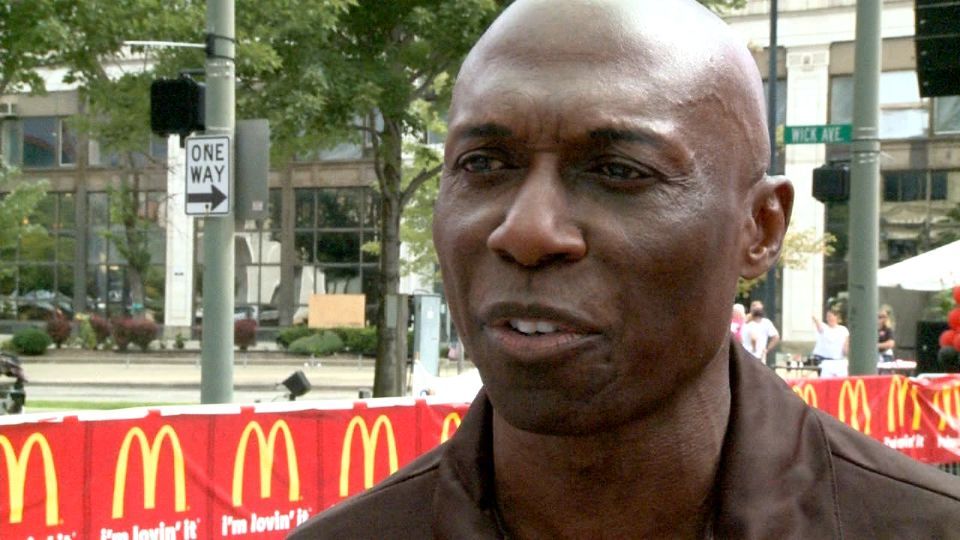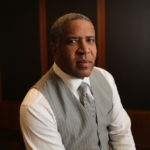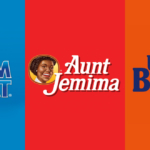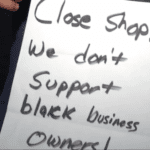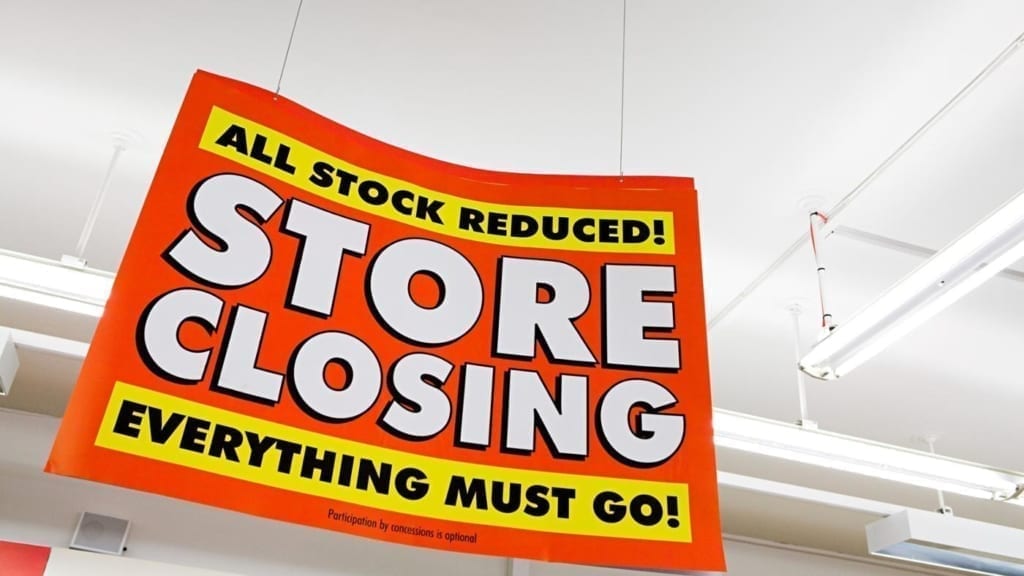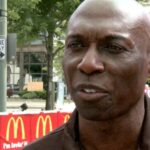The lawsuit, filed Tuesday in an Ohio court, accused McDonald’s of “racial discrimination and retaliation” against the man who built the largest Black owned McDonald’s franchise.
Herb Washington, a former Oakland Athletics player and longtime McDonald’s franchisee, is suing the fast-food chain for alleged racial discrimination.
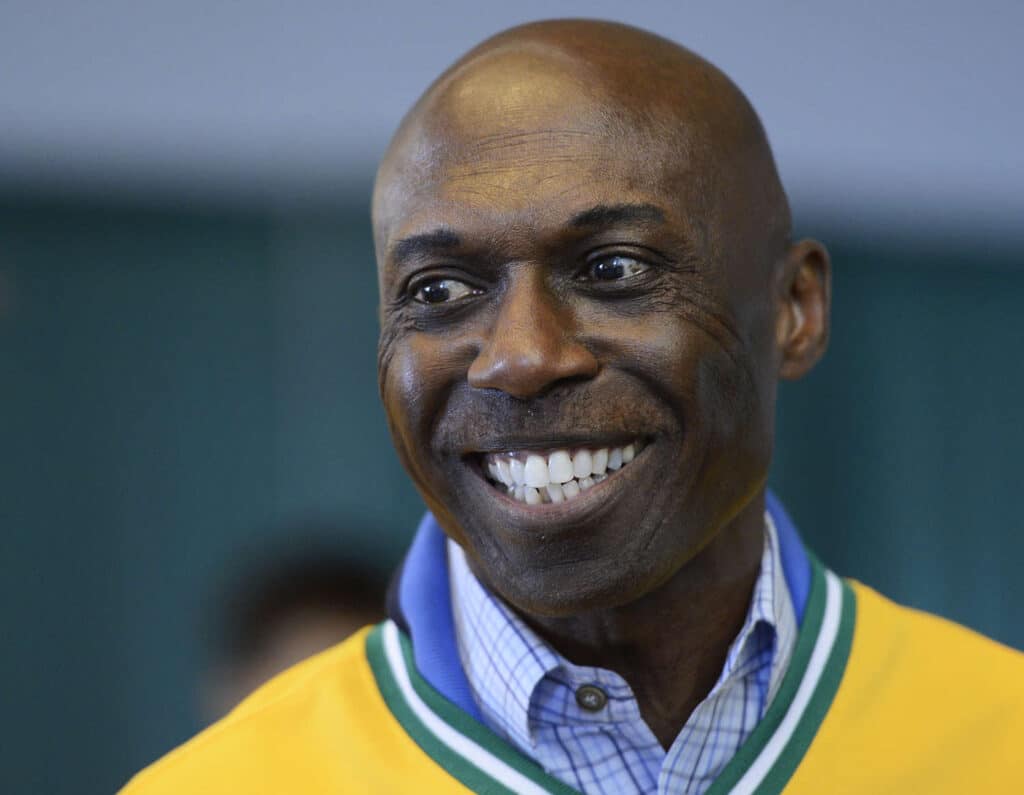
In a lawsuit filed Tuesday in Ohio, the star athlete — who previously owned 27 McDonald’s in New York, Ohio and Pennsylvania, making him the largest black-owned franchise in the country — accused the company of “racial discrimination and retaliation against him as a Black franchisee.”
“In his four decades in the McDonald’s system, Mr. Washington has suffered deplorable treatment as compared with White franchisees,” said the complaint, filed in the U.S District Court for the Northern District of Ohio Eastern Division.
Washington, 69, said in lawsuit that he now owns only 14 McDonald’s in the country and claimed the company forced him to sell several of his stores, including seven that were sold to White owners over the past three years.

According to Washington’s lawsuit, the fast-food chain also “purposefully steered” the retired MLB star towards stores in “distressed, predominantly Black neighborhoods,” where he experienced a significant loss in profit.
Washington’s lawsuit also claimed that while there were 377 Black franchisees in the McDonald’s system back in 1998, there are now only 186 — despite the company allegedly increasing its number of stores from 15,086 to 38,999 during that time period.
“These numbers are not a coincidence; they are the result of McDonald’s intentionally racist policies and practices toward Black franchisees,” the lawsuit read.
According to the Washington Post, Washington said in a Zoom press conference on Tuesday, “McDonald’s has targeted me for extinction.” He reportedly added, “It took every ounce of me to succeed against the incredible and unfair odds that McDonald’s forced on me,.”

